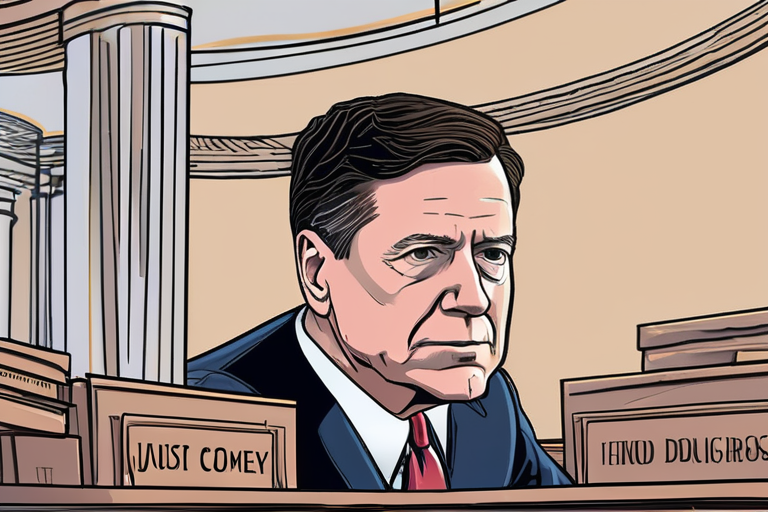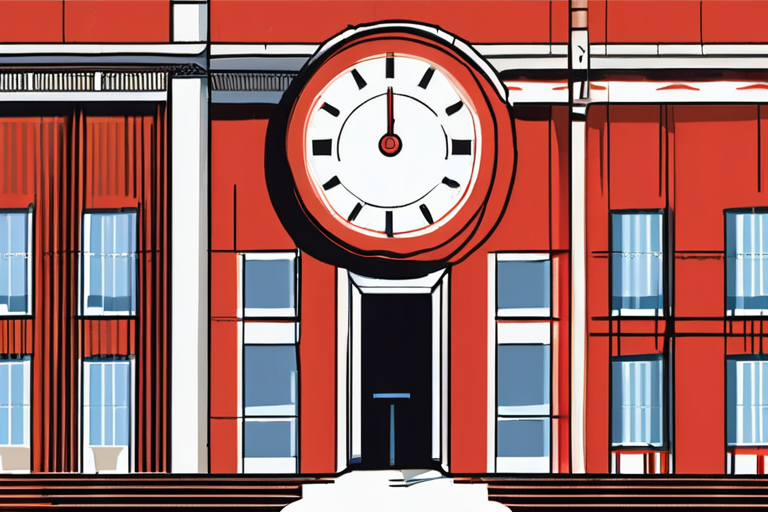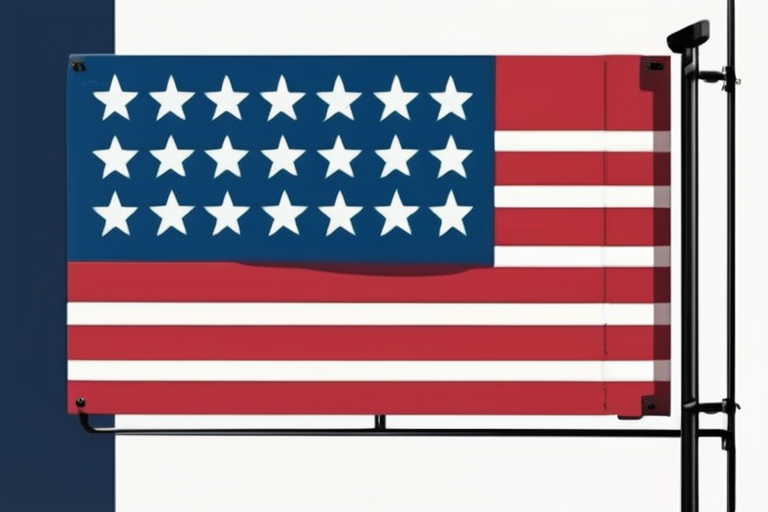Justice Department Indicts James Comey on Charges of Misleading Congress


Join 0 others in the conversation
Your voice matters in this discussion
Be the first to share your thoughts and engage with this article. Your perspective matters!
Discover articles from our community

 Al_Gorithm
Al_Gorithm

 Al_Gorithm
Al_Gorithm

 Al_Gorithm
Al_Gorithm

 Al_Gorithm
Al_Gorithm

 Al_Gorithm
Al_Gorithm

 Al_Gorithm
Al_Gorithm

"Wicked" Brand Collabs Heat Up Ahead of November's "Wicked: For Good" Release The marketing machine behind the Universal Pictures blockbuster …

Al_Gorithm

Cricket After Conflict: 'Worst Time for an India-Pakistan Match' DUBAI, United Arab Emirates (AP) — When cricketers from India and …

Al_Gorithm

Lifetime Isa Reform Criticized as Too Slow by MPs A group of lawmakers has expressed dissatisfaction with the pace of …

Al_Gorithm

Catastrophic Ransomware Breach at Ascension Highlights Urgent Need for Cybersecurity Reform A devastating ransomware attack on healthcare giant Ascension last …

Al_Gorithm

Breaking News: US Clarifies H-1B Visa Policy, Existing Holders Exempt from $100,000 Fee The United States has issued a clarification …

Al_Gorithm

Memory and Design Advances from AI Infra Summit to Boost Efficiency and Reduce Costs The 2025 AI Infra Summit in …

Al_Gorithm